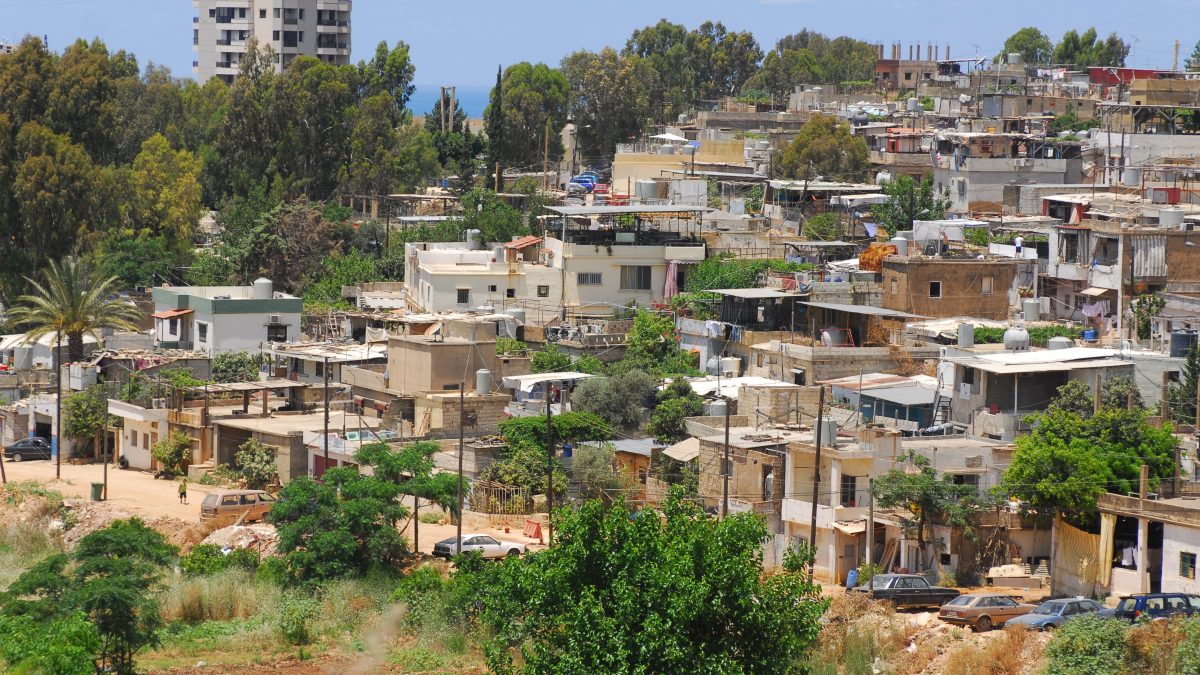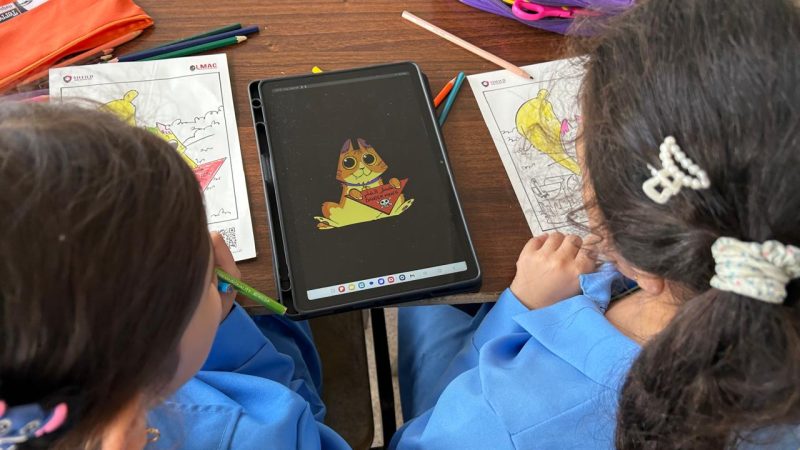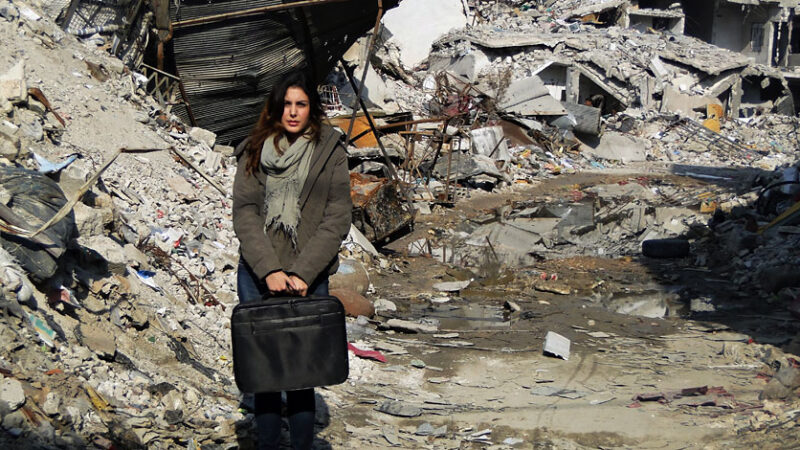Lebanon

In 2009, The Carter Center observed parliamentary elections at a critical juncture in Lebanon’s transformation, offering recommendations for strengthening the voting process.
Impact
- Voting conducted with enhanced transparency and in accordance with the country’s new consensual electoral law and regulations

Explore Further
Related Content
Global Impact Starts with You
Your support sustains the Carter Center's mission of waging peace, fighting disease, and building hope around the world.



